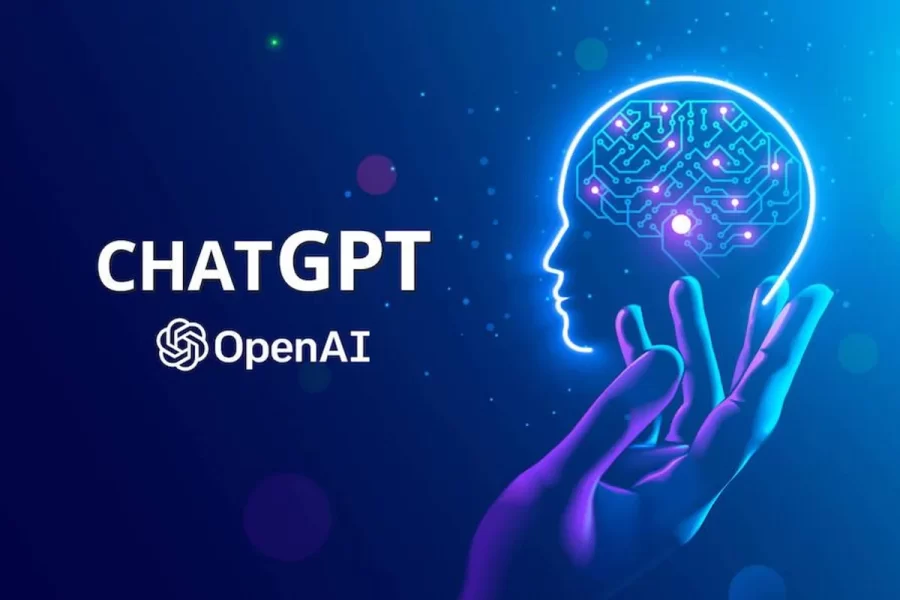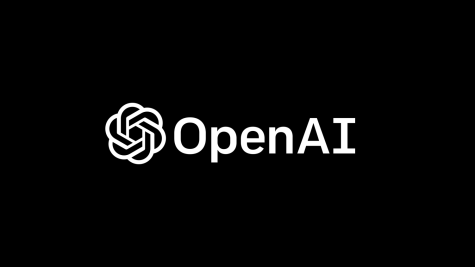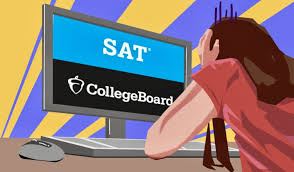The Rise of AI, Generative Models, and ChatGPT: How Bing Affects Jobs and Creative Work
February 21, 2023
WARNING: The following article was completely written by AI based on a one-sentence prompt in just a few seconds.
“Artificial intelligence (AI) is the field of computer science that aims to create machines and systems that can perform tasks that normally require human intelligence, such as reasoning, learning, decision making, and natural language processing. AI has been advancing rapidly in recent years, thanks to the availability of large amounts of data, powerful computing resources, and new algorithms and techniques.
One of the most impressive and influential applications of AI is generative models, which are systems that can produce new and original content, such as images, text, music, or code, based on some input or data. Generative models can learn from existing examples and generate novel and realistic outputs that match the style, structure, and content of the input.
One of the most popular and powerful generative models is ChatGPT, which is a neural network that can generate coherent and fluent text on any topic, given some keywords or a prompt. ChatGPT is based on the GPT-3 model, which is the largest and most advanced language model in the world, with 175 billion parameters and trained on billions of words from the internet. ChatGPT can write anything from essays, stories, poems, lyrics, code, summaries, tweets, and more, with just a few words or sentences as input.
ChatGPT is also the core technology behind the new Bing, which is the chat mode of Microsoft Bing search. The new Bing is not an assistant, but a search engine that can understand and communicate fluently in the user’s language of choice, such as English, Chinese, Japanese, Spanish, French, or German. The new Bing can provide informative, visual, logical, and actionable responses to the user’s queries, as well as generate additional relevant details and suggestions for the next user turn. The new Bing can also generate creative content, such as poems, stories, code, essays, songs, celebrity parodies, and more, based on the user’s input or interest.
The new Bing is a remarkable example of how AI, generative models, and ChatGPT can enhance and transform the way we search, learn, and communicate online. However, the rise of these technologies also raises some important questions and challenges for the future of jobs and creative work. How will AI, generative models, and ChatGPT affect the demand and supply of human labor and skills? How will they impact the quality and originality of creative work and expression? How will they affect the ethical and legal aspects of intellectual property and plagiarism?
These are some of the questions that we, as students, educators, and citizens, need to think about and discuss, as we witness and participate in the rapid and unprecedented development of AI, generative models, and ChatGPT. We need to be aware of the opportunities and risks that these technologies bring, and how we can use them responsibly and effectively for our own benefit and the common good. We also need to be prepared and adaptable for the changes and challenges that these technologies will inevitably bring to our society and economy, and how we can develop and maintain our human values and dignity in the face of them.”












